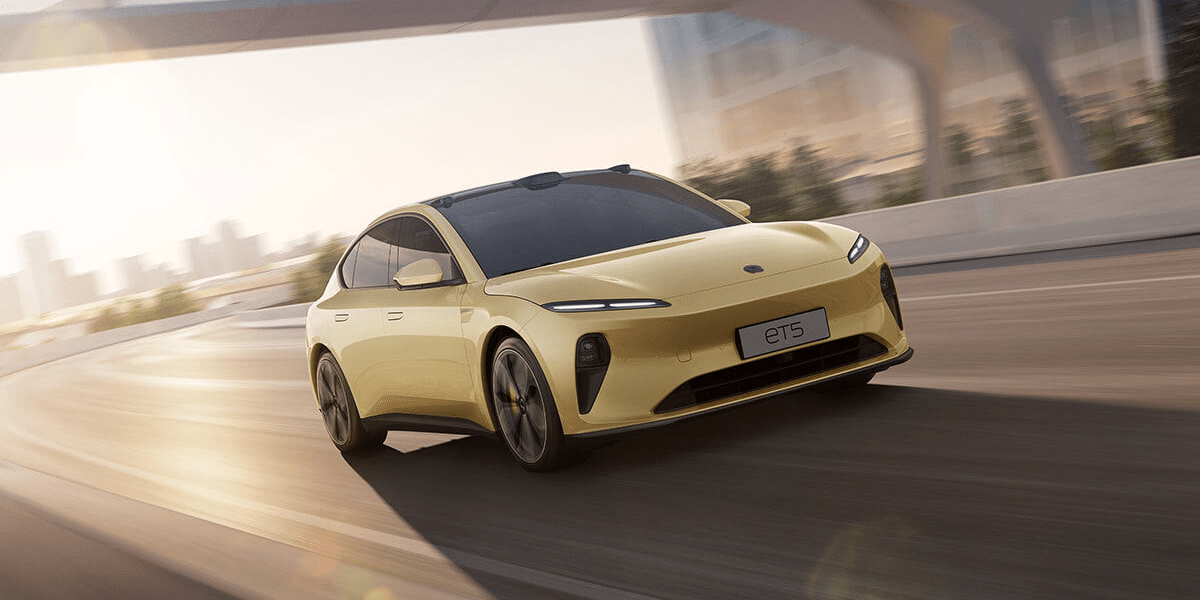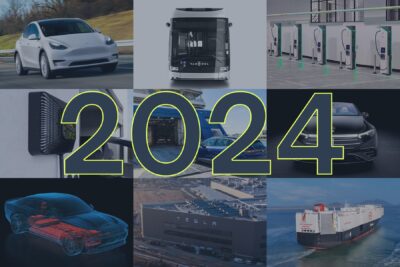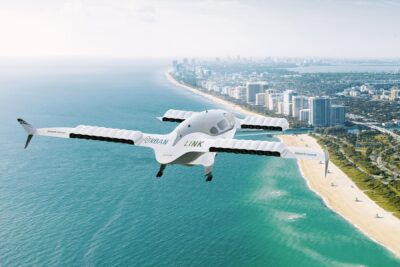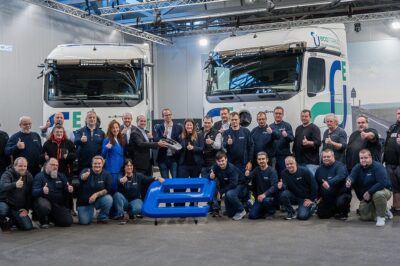China cuts NEV subsidies by 30 per cent
China has cut government subsidies for private New Energy Vehicles by 30 per cent from 2021 with the new year. From 31 December 2022, government NEV subsidies in China will be completely eliminated.
++ This article has been updated. Kindly continue reading below. ++
This was announced by the Chinese Ministry of Finance. The move did not come as a surprise: the Chinese government had already sharply cut NEV subsidies in March 2019 and planned to phase them out as early as 2020. As the market subsequently collapsed, the subsidy was extended – but further cut. Most recently, it was cut by 20 per cent at the turn of 2020/2021.
The Ministry of Finance does not mention the specific subsidy rates for 2022 in the communication, but only the percentage cut. In 2021, a battery-electric car with a range of 300 to 400 kilometres was still eligible for 13,000 yuan, so now it should only be 9,100 yuan. That corresponds to the equivalent of 1,270 euros. The other requirements such as price limits and technical data – for example, range and energy consumption – remain unchanged for 2022.
The 30 per cent cut that has now been made applies to passenger cars. For other sectors, such as city buses, taxis, logistics and postal services, but also the fleets of ministries, the subsidy rates were cut by 20 per cent at the turn of the year.
While the original 2020 regulations still included a cap of two million vehicles, this figure is no longer included in the now published regulations for 2022. In addition, the ministry has clarified in a separate communication that the directive will no longer be implemented from 2023. This is remarkable, as the regulation would have expired at the end of 2022 anyway. This is apparently to provide clarity to industry and consumers.
The regulation is worded in such a way that the purchase subsidy is granted if the vehicle and licence plate were purchased by 31 December 2022. The same applies – with the year 2021 – to the reduction that has now taken place.
The car manufacturer Nio had already announced its own regulation for its customers in December: Those who have ordered and paid for a vehicle by 31 December 2021 and receive the vehicle by 31 March 2022 will de facto still receive the subsidy rate of 2021: due to the late delivery, customers are only entitled to the government subsidy reduced by 30 per cent, but Nio will pay the difference.
Update 19 May 2022
The Chinese government is apparently considering still granting subsidies for electric vehicles in 2023. Actually, these subsidies were to be completely eliminated as of 31 December 2022. Reuters news agency has now heard from three people familiar with the matter that China’s government is in talks with car manufacturers about a continuation in 2023. However, details of a possible extension are not yet known.
reuters.com, cnevpost.com, mof.gov.cn, mof.gov.cn (statements by the finance ministry, in Chinese), reuters.com (update)





0 Comments